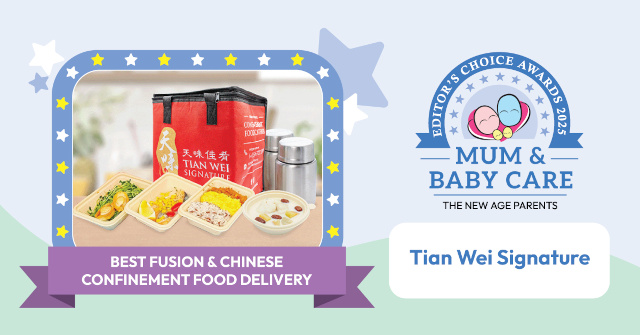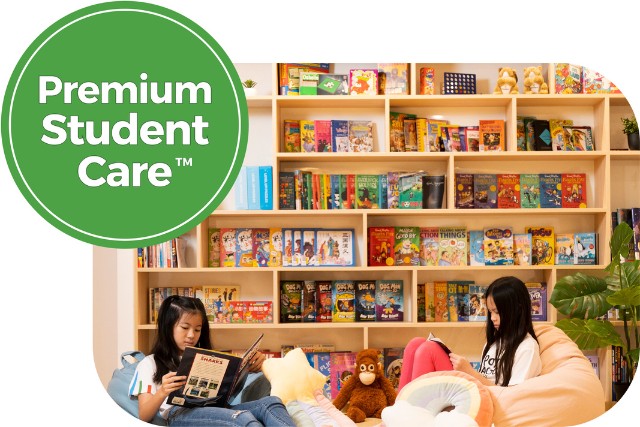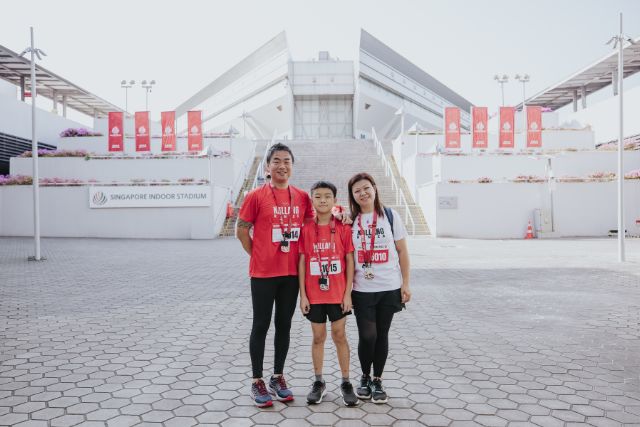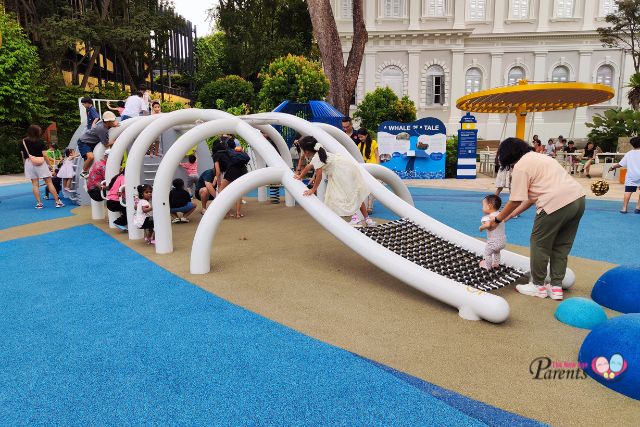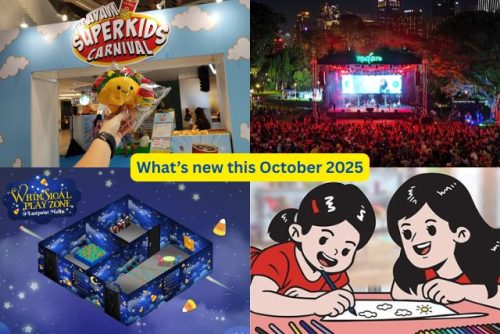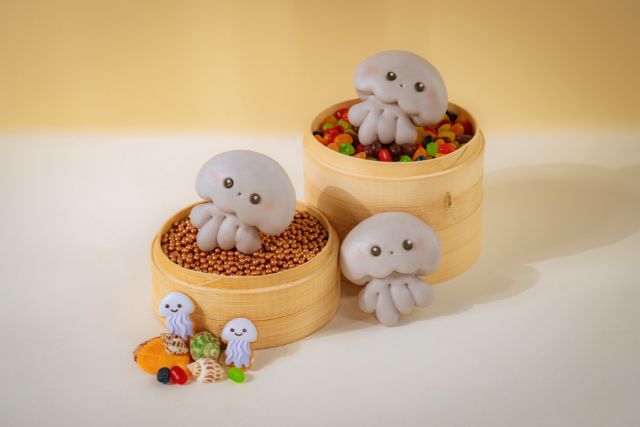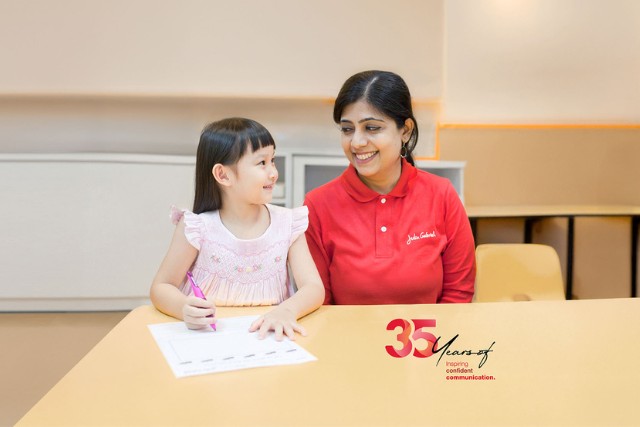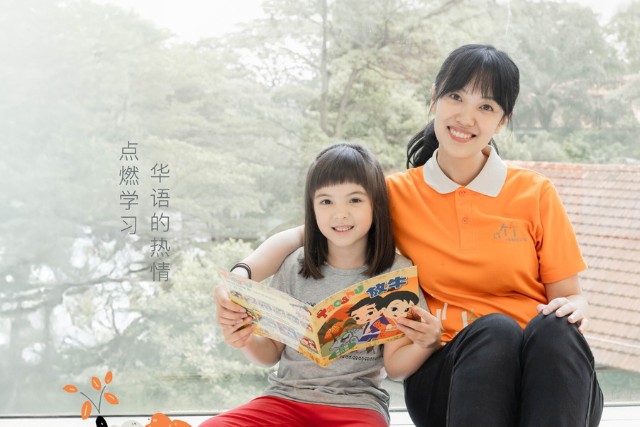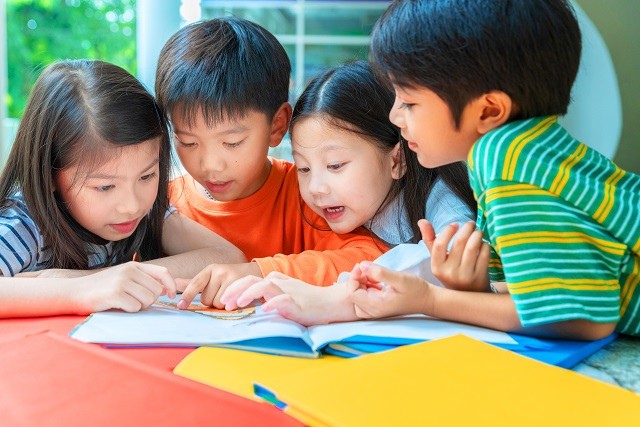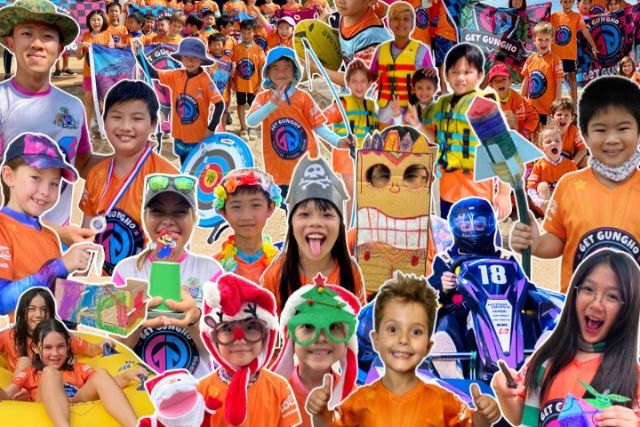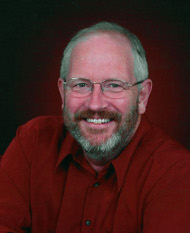 Brian Caswell is the Dean of Research and Program Development at MindChamps. An internationally-acclaimed award-winning author and a respected educationist with thirty years’ experience in the areas of public and private education, he has been in constant demand as a speaker and literary consultant. Brian is also one of Australia’s most innovative thinkers and an acknowledged expert on today’s youth and their response to the modern environment and the demands of the school system, as well as the link between the development of students ‘creativity and academic success.
Brian Caswell is the Dean of Research and Program Development at MindChamps. An internationally-acclaimed award-winning author and a respected educationist with thirty years’ experience in the areas of public and private education, he has been in constant demand as a speaker and literary consultant. Brian is also one of Australia’s most innovative thinkers and an acknowledged expert on today’s youth and their response to the modern environment and the demands of the school system, as well as the link between the development of students ‘creativity and academic success.
In Part II of this four-part interview series, Brian shared with The New Age Parents on his view on learning and education in today’s society.
On Education
To be honest, the education system in most countries is 50 years behind the society they are in. In other words, what is being demanded of kids in school is irrelevant 90% of the time to what they are going to do, when they leave school. Yes, it trains them to be disciplined and diligent but it doesn’t necessarily prepare them for the life that they are going to lead. And a lot of the work I do, is looking at what is necessary in this global village that is the 21st century. Our children are going to be in competition with the rest of the world, not just with other kids in Singapore.
They have to learn the things that give them a competitive advantage, such as communication skills, collaboration skills, and the ability to control a massive amount of information, not to memorise it, but to be able to use it and work with it. When they extract information from the environment around them, they need to be able to synthesise it and use it creatively to solve problems, to create new things.
Why does education have to be boring? It doesn’t have to be! It’s supposed to be fun. We need to teach kids to learn how to ask questions that are important to them. And this shouldn’t only start to happen in school. It should happen the moment when they open their eyes. The way that you play with a child and interact with a child are very important experiences. If you talk to or read books to a child, even before that child understands words, it doesn’t matter. They are hearing the language, their phonemic awareness is growing, their ability to recognise the nuances of sentences, are all being fed during that critical period of development.
You don’t have to wait for a child to understand a story before you read to them. Read your financial review to them. It doesn’t matter what you read to them. Read it aloud to them. It doesn’t matter if they don’t understand the financial market; the purpose is to make neuro-connections in their brain that will remain for the rest of their lives. We mould the brain by providing these experiences.
On Learning
Learning is as much emotional as it is intellectual. Everything we take in through our senses enters the brain through the limbic system, and the limbic system is our emotions. So we take in information through our emotions and store it temporarily there till the brain has done all its associations and is ready to store the information in the cortex, thereby deleting this information from the limbic system. Because everything we learn goes through the emotions first, whatever emotion we are feeling when we are learning is connected to the learning and stored in the brain as part of that learning module.
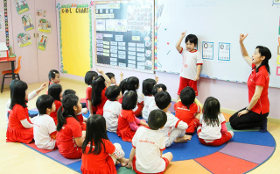 Learning is not a competitive activity; people seem to forget that because our education systems are based on rankings. But in actual fact, education is not a competitive activity; It is an individual and personal activity. If somebody decides to try to imagine that this person is better than the other person, than that’s their problem.
Learning is not a competitive activity; people seem to forget that because our education systems are based on rankings. But in actual fact, education is not a competitive activity; It is an individual and personal activity. If somebody decides to try to imagine that this person is better than the other person, than that’s their problem.
Learning for a child is environmental. You change the environment; you change their learning because they learn from their interaction with the environment. Children today learn very differently to the way we used to learn because they have electronic games, computers, and televisions. Our job as parents is to determine how that environment is going to change their learning. How much influence is electronic media going to have?
On Hot-housing and Enrichment Classes
The question is hot-housing. Are you hot-housing a specific skill? Why would parents take away their child’s childhood? Why would they fill their day with so many things to do that the child doesn’t get a chance to be a child? All of the research on early childhood says the same thing; hot-housing does not work. It does not help the child. The more time you take away from the child from being able play, the less that child learns, because children learn through play; trial and error.
Hot-housing generally involves telling the child what they need to know over and over. Or making them practise an instrument or do something so that the parent can demonstrate to their friends how clever their child is. Our society has this warped idea that if my child can do something, that means I am a better parent, even if what they are doing is irrelevant.
Don’t use your children to impress people. If you are doing it for some other reason other than to help your child be a better or more successful person for life, than you need to check your intentions. Do you think it is possible for a child to still have an ‘enjoyable’ childhood if he is attending enrichment classes almost every day? My philosophy is to get your child to explore as much as possible, without enrichment getting in the way.
If your idea of enrichment is placing your child in an environment to experiment with a wide range of things, then I am all for that. The more you can do that, the better. But if your idea of enrichment is putting them in front of the tutor for an hour, that’s not enrichment, that’s tuition. If you are doing that to a kid who is too young, it is actually counterproductive because they may learn to hate what they are doing. So if your idea of enrichment is putting your child in an enriched environment, that’s great. Use the term ‘enrichment’ in the way it should be, which is in an enriched environment.
Being There For Your Children
What is it that you can do to create that strong foundation for your child? And so we researched the different areas – the development of language, the development of numeracy skills, moral and ethical development, and how to form a strong bond between yourself and your child. Unless you form a strong bond, not much can happen. And most of that bonding takes place during play, and you can include reading as play. Jesse Jackson, Baptist minister and American civil rights activist, said, “Your children need your presence, not your presents.” In other words, they need you being there. You don’t have to buy them lots of stuff. The more you are there for them, the better parents you are.
Now obviously, people work and they work very long hours. But there is always time that you have to be with your child. And if your lifestyle doesn’t give you any time at all to be with your child, then you are in the wrong job. I think you should concentrate on your career and not have children, or you should concentrate on your children and change your career in some way. If you have reached a situation where you have not one hour a day to spend with your children, then why did you have children?
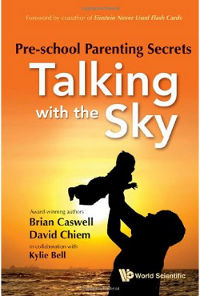 You have a responsibility to children, we all do. The fact is, even though I was traveling a lot when my children were younger, when I was home, I was home. You’ve got to make that time to spend with your children. And if you do, then the books “Magic Moments: Small Beginnings” and “Talking with the Sky” give you all the clues on how to use the time. It’s not difficult and it’s not demanding. What you will find is all the fun you are going to have with your preschool kid; rolling on the floor, cutting things out, reading books, etc. It is far more fun than watching TV or playing Angry Birds on your phone.
You have a responsibility to children, we all do. The fact is, even though I was traveling a lot when my children were younger, when I was home, I was home. You’ve got to make that time to spend with your children. And if you do, then the books “Magic Moments: Small Beginnings” and “Talking with the Sky” give you all the clues on how to use the time. It’s not difficult and it’s not demanding. What you will find is all the fun you are going to have with your preschool kid; rolling on the floor, cutting things out, reading books, etc. It is far more fun than watching TV or playing Angry Birds on your phone.
Give yourself the time to do what is important. That is basically what the book is about. It’s about turning parenthood into what it should be: which is the most fun you are going to have. In the process, you are going to make childhood the most fun your kids are going to have. Your kids will have this really strong foundation; they have a sense of being cared for, of belonging and being important in their parent’s eyes.
Stay tuned for part III of our interview with Brian as he defines creativity and the importance of creativity in the 21st century.
To read his previous interview, visit Exclusive interview with Brian Caswell.
* * * * *
Looking to reach over 100,000 parents in Singapore? Let us amplify your message! Drop your contact details here, and we’ll reach out to you.
Discover exciting family-friendly events and places to explore! Join our Telegram channel for curated parenting recommendations.




